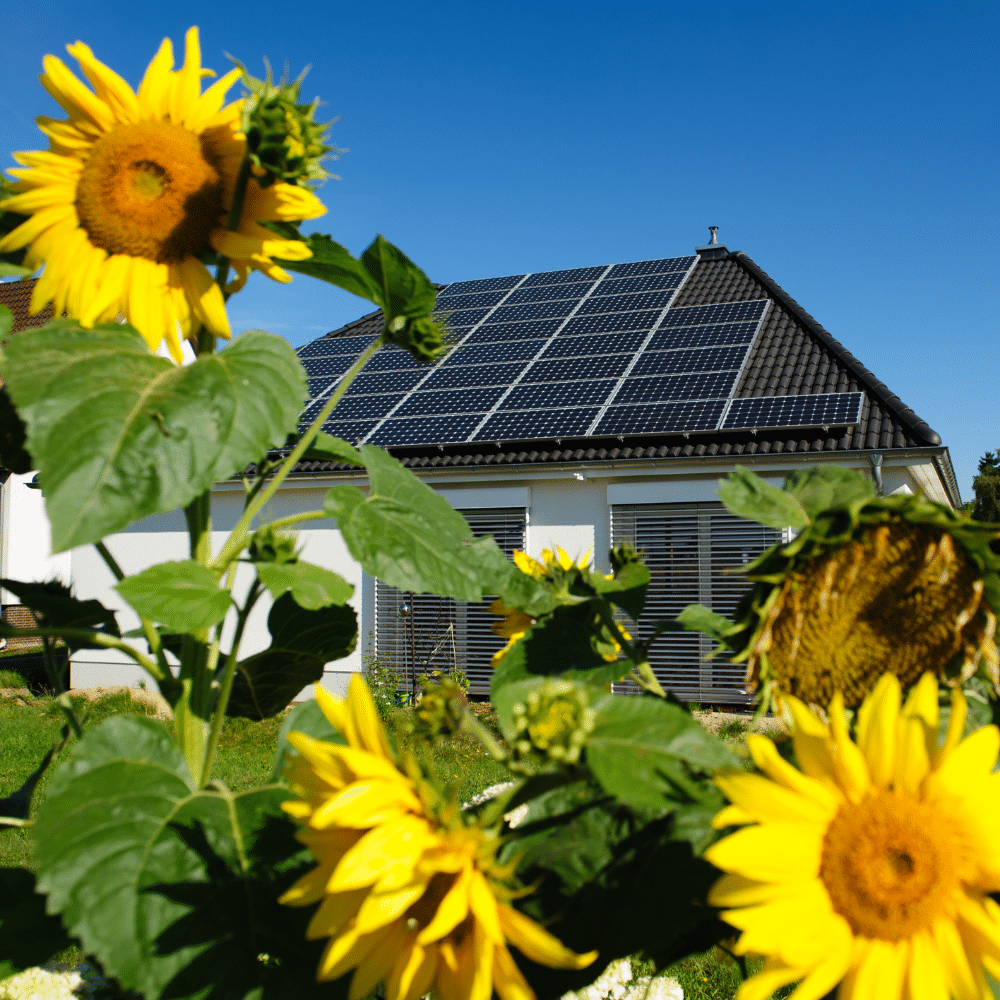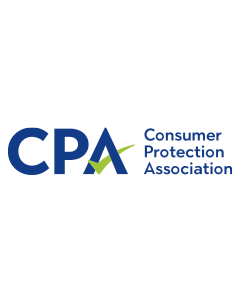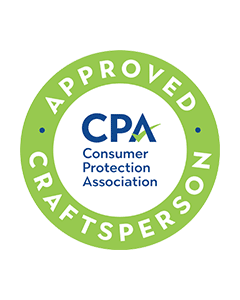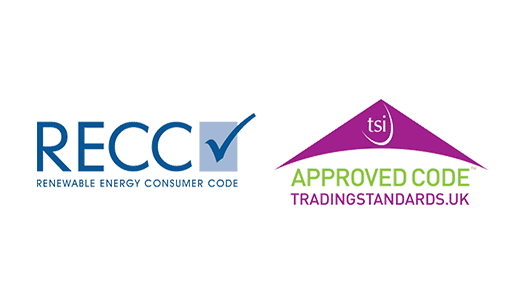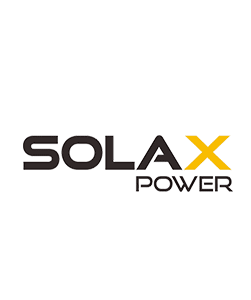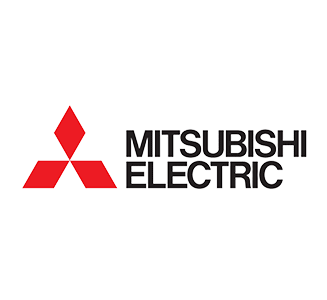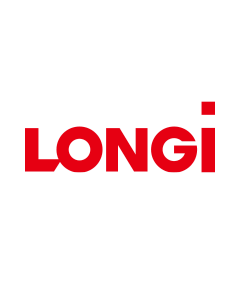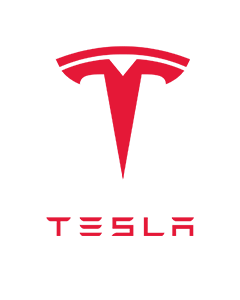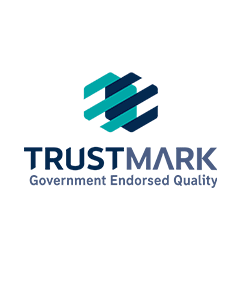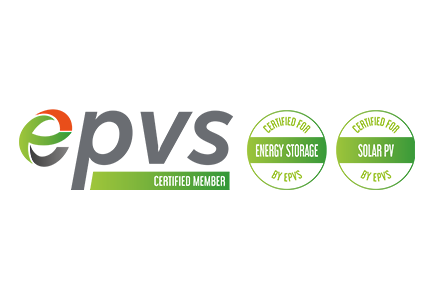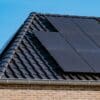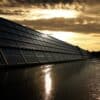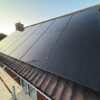Informing your energy supplier about solar panels.
Yes, it is advised to inform your energy provider about the installation of solar panels. Here are some reasons why it’s crucial to inform your energy supplier, be aware the precise criteria may change depending on your region and energy provider:
- Regulatory Compliance: There are laws and guidelines in place in many areas that demand that homeowners notify their energy provider of the installation of solar panels. You may ensure you comply with regional requirements by following these rules.
- Accurate Billing: By informing your energy provider, they may make the necessary updates to their records and billing systems. By doing this, you can be certain that your bills will reflect your actual solar energy generation and consumption trends. It aids in avoiding any mistakes or inconsistencies that can arise in billing.
- Incentives: Financial rewards and compensation plans are provided by some energy providers to households that install solar panels. You can enrol in these programmes and take advantage of any cash incentives or credits for the extra electricity you produce by informing them.
- System Integration and Safety: Your energy provider can offer advice on the technical facets of integrating your solar panel system with the grid once you inform them. In order to guarantee the effective operation of your system and your safety as well as the safety of the grid, they could also have safety requirements or standards that must be satisfied.
- Transparent partnership: By informing your energy provider, you and your energy provider can develop a transparent partnership. It makes it possible for improved cooperation and communication, which can be useful for addressing any potential problems or worries in the future with your solar panel installation.
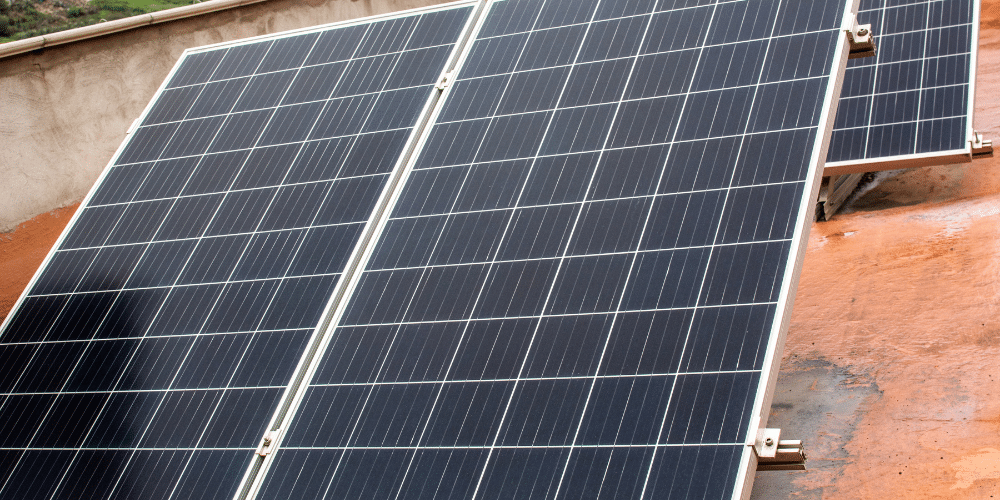
Understanding the relationship between solar panels and energy suppliers
Solar power has been extremely popular among homeowners in recent years who want to harness the power of renewable energy and lessen their carbon impact. In addition to being motivated by environmental concerns, installing solar panels may result in significant long-term electricity cost savings. While switching to solar energy is exciting, homeowners frequently have concerns about the duties and obligations that go along with it. Whether it is required to notify their energy provider about the installation of solar panels is one frequent query.
It’s not surprising that solar panels are becoming more and more popular among homeowners. There is no denying the appeal of producing sustainable, clean electricity directly from the rooftop. More and more homes are realising the advantages of using solar energy as concerns about climate change and the rising cost of conventional energy sources prevail. In communities across the nation, solar panel-adorned roofs are becoming more prevalent. This expanding trend shows a dedication to a cleaner future as well as a desire for energy independence.
Homeowners may handle the process more confidently and ensure a flawless integration of their solar energy system with the current grid by knowing whether or not it is required to notify their energy supplier about their solar panel installation. The interaction between solar energy systems and energy providers, and the possible advantages of keeping your energy supplier informed are all covered in the sections that follow.
Energy providers are essential to the delivery of electricity to residences. The electricity that fuels our daily life is produced, transmitted, and distributed by them. Traditional energy providers depend on centrally located power facilities that generate electricity using non-renewable resources like coal, natural gas, or nuclear energy. They use a vast network of equipment and electrical lines to distribute this electricity to houses.
Under the traditional electricity consumption model, homeowners rely solely on the electricity provided by their energy supplier. They consume electricity from the grid, and their energy supplier bills them based on their usage. In this model, homeowners have limited control over the source and cost of the electricity they consume, as it is predominantly determined by the energy supplier.
Solar panels, also known as Photovoltaic (PV) panels provide a substitute for conventional electricity use for residences. The solar cells in these panels turn sunlight into power. Solar panels offer an eco-friendly alternative to power homes because they are a clean and sustainable source of energy. Homeowners can lessen their dependency on non-renewable energy sources and help create a more sustainable future by harnessing the power of the sun.
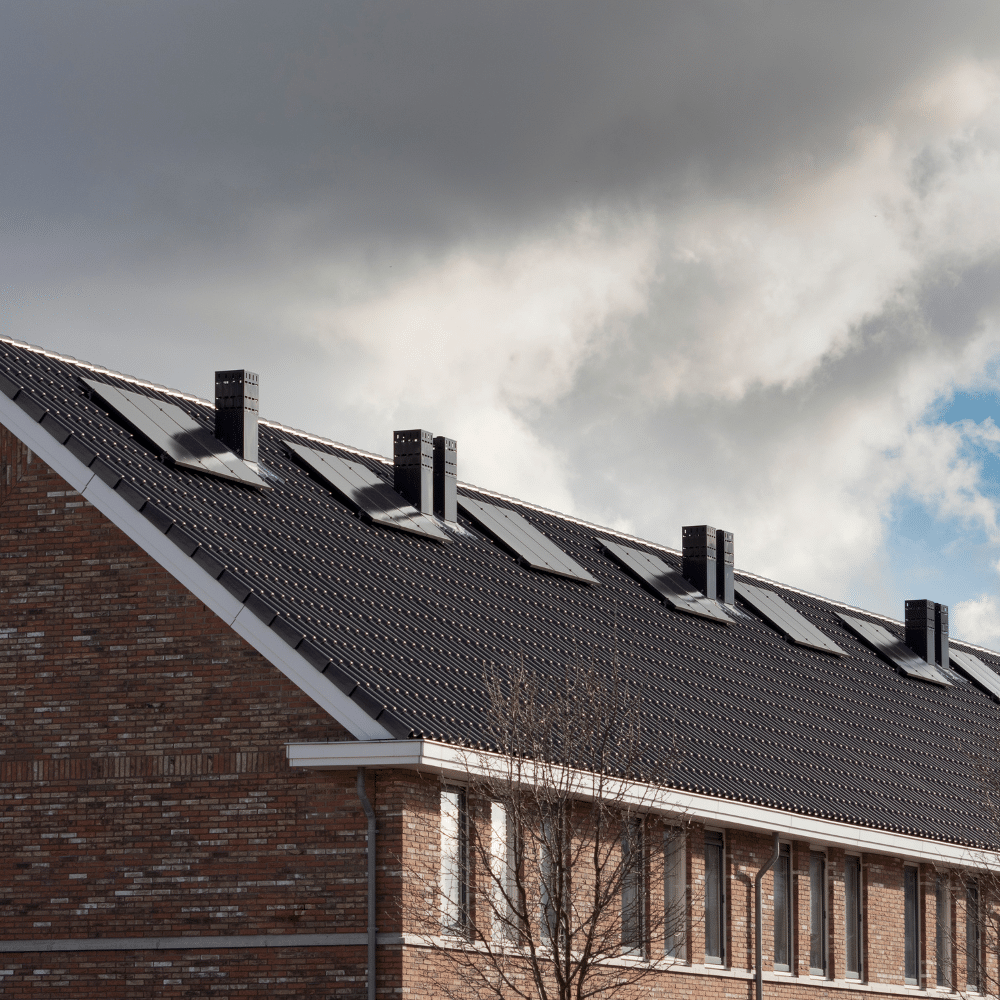
Conclusion
While notifying the energy provider may not always be necessary in certain circumstances, such as off-grid systems, it is nevertheless beneficial to do so in order to preserve correct records and ensure a cooperative relationship. Creativ can help with any solar enquiries you may have. We can provide a seamless installation that is highly rated by our previous clients. Contact us today to see how we can help you join the energy revolution.

